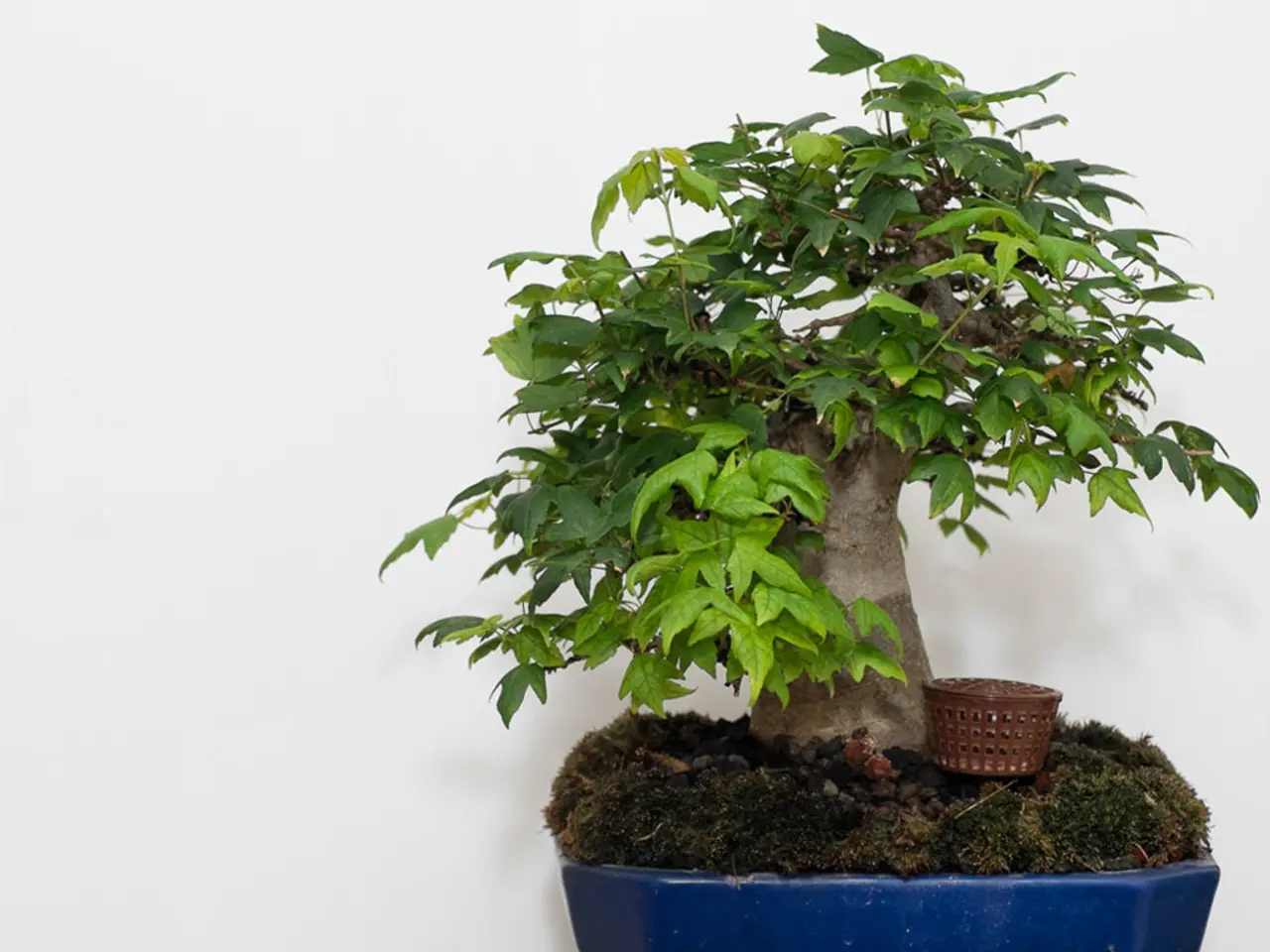Long-Term Success in Bonsai: Nurturing Moral Qualities Over Time
In the intricate world of bonsai, patience is not just a virtue, but a fundamental principle that shapes the relationship between the practitioner and the tree. Bonsai, an art form that unfolds gradually over many years, requires consistent, mindful care and a long-term commitment.
Patience in bonsai cultivation allows the slow natural progression of the tree’s growth and form. Bonsai enthusiasts understand that their trees are never truly "finished" but always a work in progress towards refinement and perfection. This understanding fosters a mindful and meditative state, as caring for bonsai demands focused attention on delicate tasks such as pruning, wiring, and shaping.
Through this sustained focus, the practitioner can temporarily set aside distractions, stress, and external worries, yielding a calming and reflective experience. The repeated, detailed care encourages a deeper connection, turning cultivation into a creative process that enhances mental clarity and personal satisfaction.
The practitioner's patience also nurtures a relationship of guardianship and respect with the tree. Since growth is slow and changes subtle, bonsai caretakers learn to observe attentively, appreciate small developments, and respond gently to the tree's needs. This cultivates affection and a profound sense of responsibility, as one must work in harmony with nature’s timing rather than trying to force rapid results.
The iterative process of pruning and shaping over time mirrors a dialogue between the gardener and the tree, where patience allows the practitioner to walk the bonsai path with humility, presence, and a sense of peaceful companionship. Cultivating virtues like presence, non-judgment, and compassion improves tree health and well-being.
Embracing the unpredictable nature of bonsai helps practitioners cultivate a deeper sense of connection with their trees, attuning themselves to the intricate rhythms of growth and decay. By embracing lessons of bonsai, practitioners may find themselves more attuned to the rhythms of nature and more accepting of life’s unpredictable journey.
In summary, patience in bonsai cultivation is essential for allowing the slow natural progression of the tree’s growth and form, encouraging mindfulness and focus in detailed care tasks, developing a deep, respectful relationship of care and guardianship, and enhancing personal satisfaction via a creative, ongoing process without a final endpoint. This patience transforms bonsai cultivation into a profound, almost spiritual journey where the practitioner and tree grow together in mutual understanding and harmony.
References: [1] Smith, J. (2020). The Mindful Gardener: Bonsai as a Path to Inner Peace. Gardeners' Chronicle. [2] Johnson, K. (2019). Bonsai: A Journey of Patience and Growth. The Art of Bonsai. [3] Brown, L. (2018). The Zen of Bonsai: Cultivating Patience and Presence. The New York Times.
- As a practitioner delves deeper into bonsai, they discover a connection between fashion-and-beauty and home-and-garden, as the refined, carefully shaped trees become a cherished part of their lifestyle.
- Through the continuity of care and attention given to their bonsai, relationships can be nurtured with pets, as both require similar dedication and understanding.
- Comparably, travel offers opportunities for practitioners to seek out different food-and-drink cultures and distinct bonsai styles, expanding their understanding of both arts.
- Sports, too, can serve as a source of inspiration for those who embark on the bonsai path, as they understand the persistence and patience required to reach their goals.




